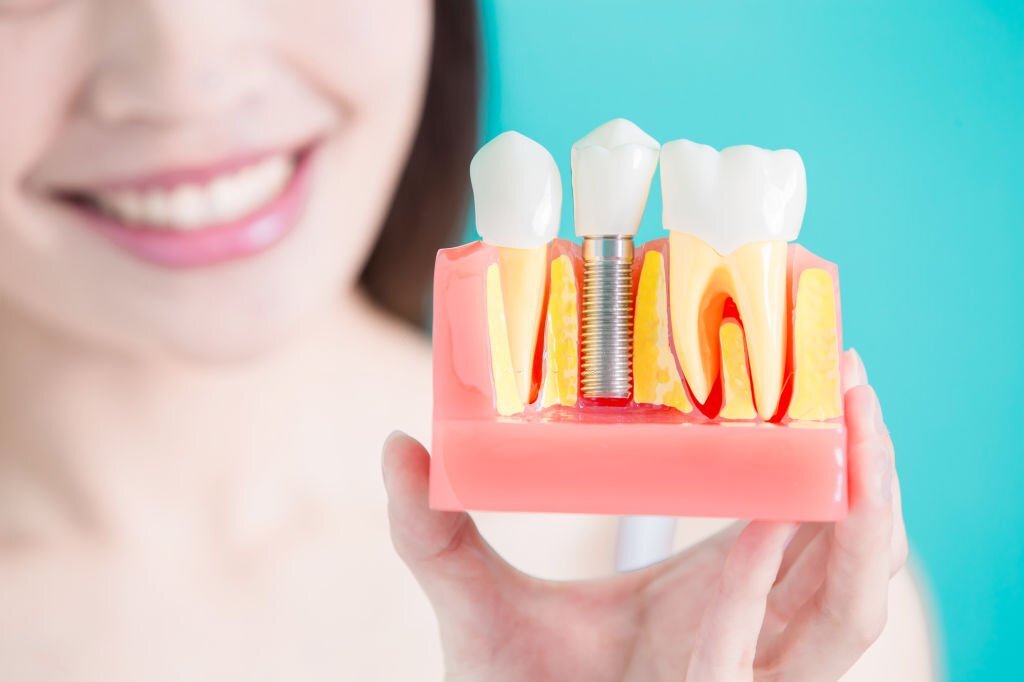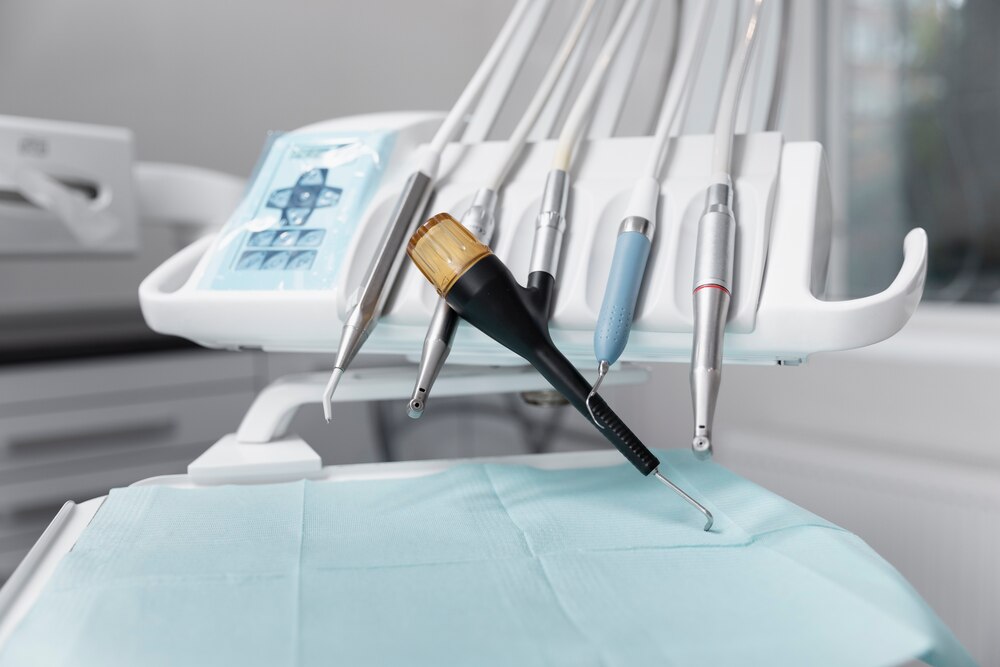There are the top dental implant specialists near Hammond, IN is a popular and effective solution for replacing missing teeth.
In this blog, we’ll discuss When is the Best time to Get Dental Implants and how they work, and their benefits.
What benefits of dental implants?
Dental implants are artificial tooth roots, their placement is in your jawbone to support a replacement tooth or bridge. Furthermore, top dental implant specialists near Hammon, IN come in use to replace a single tooth, several teeth, or even all of your teeth. They are a long-term solution that can improve your appearance, speech, and ability to eat, and can help to prevent bone loss in your jaw.
Planning Dental Implants Treatment
Planning for dental implant treatment involves a thorough evaluation of your dental and medical history. Moreover, as well as a comprehensive examination of your teeth, gums, and jawbone. Moreover, your dentist or oral surgeon will take X-rays and possibly CT scans to determine the quality and quantity of your jawbone, as well the location of nerves and other vital structures.
Furthermore, dental implant treatment planning is a careful and individualized process that requires collaboration between you, your dental professional, and any other specialist involved in your care.
Is Dental Implant the Right Option for You?
You are missing one or more teeth – Dental implants can be a good option if you have lost one or more teeth due to injury, decay, or gum disease.
Your jawbone is fully developed – Dental implants require a strong and healthy jawbone to provide a stable foundation.
You have good oral health – Good oral health is essential for the success of dental implants. If you have gum disease or other dental problems, these will need treatment before getting a dental implant.
You are in good general health – Dental implant surgery is a minor surgical procedure, and you should be healthy enough to undergo the procedure. If you have any medical conditions or take medications that affect healing or bone growth, you may need to wait or take precautions before getting dental implants.
You are committed to good oral hygiene – Maintaining good oral hygiene is essential for the success of dental implants. You will need to brush and floss regularly and have regular dental checkups to ensure the health of your implants and remaining teeth.
Benefits of dental implants:
AESTHETICS
Dental implants can enhance the appearance of your smile and facial structure. They look and feel like natural teeth and they match the shape, size, and color of your existing teeth. Moreover, this can improve your self-confidence and boost your overall appearance.
DURABILITY
Dental implants are a long-term solution that can last for many years with proper care. They are made of durable materials, such as titanium, which can withstand the pressure of daily use and chewing.
FUNCTIONALITY
Dental implants function like natural teeth and can restore your ability to eat, speak, and smile with ease. Unlike other tooth replacement options, such as dentures or bridges, dental implants do not slip or move, allowing you to enjoy your favorite foods without worry.
LOW MAINTENANCE
Dental implants are easy to maintain and require the same care as your natural teeth. Regular brushing and flossing, along with routine dental checkups, can help keep your implants healthy and functional.
COMFORT
Dental implants are able to fit comfortably in your mouth. And, they can eliminate the discomfort and irritation that often comes with other tooth replacement options.
AFFORDABILITY
While the upfront cost of dental implants in Indiana may be higher than other tooth replacement options, they can be a cost-effective long-term solution. Dental implants can prevent bone loss and other oral health problems associated with missing teeth, potentially reducing the need for future dental treatments and associated costs.
Dental Implants Process
Initial consultation
Your dental professional will evaluate your oral health and determine if dental implants are a suitable option for you. This may involve taking X-rays, CT scans, or impressions of your teeth and gums.
Treatment planning
Your dental professional will develop a personalized treatment plan. Moreover, this may include extractions or other preparatory treatments, the number of implants needed, the type of implant, and the placement location.
Implant placement
Your dental professional will surgically place the dental implant into your jawbone. Similarly, this is typically done under local anesthesia or sedation to ensure your comfort during the procedure.
Osseointegration
Over the next few months, the dental implant will fuse with the jawbone in a process called osseointegration. During this time, a temporary tooth replacement may be provided.
Abutment placement
Once osseointegration is complete, your dental professional will place an abutment on top of the implant. The abutment serves as a connector between the implant and the replacement tooth or teeth.
Final restoration
Finally, your dental professional will attach the permanent replacement tooth or teeth to the abutment. The replacement tooth or teeth will go through customization to match the shape, size, and color of your existing teeth.
Best Time to Getting Dental Implants
According to Monterio, the longer you wait with missing teeth, the more quickly the gums and bone below where the tooth used to be will sink down and deteriorate. So, that is why we recommend, Hammond Dental for your next dental clinic near the checkup. We also provide teeth cleaning Hammond, IN. We prioritize our client’s dental care at the top and make sure we have the best experts looking after you.





